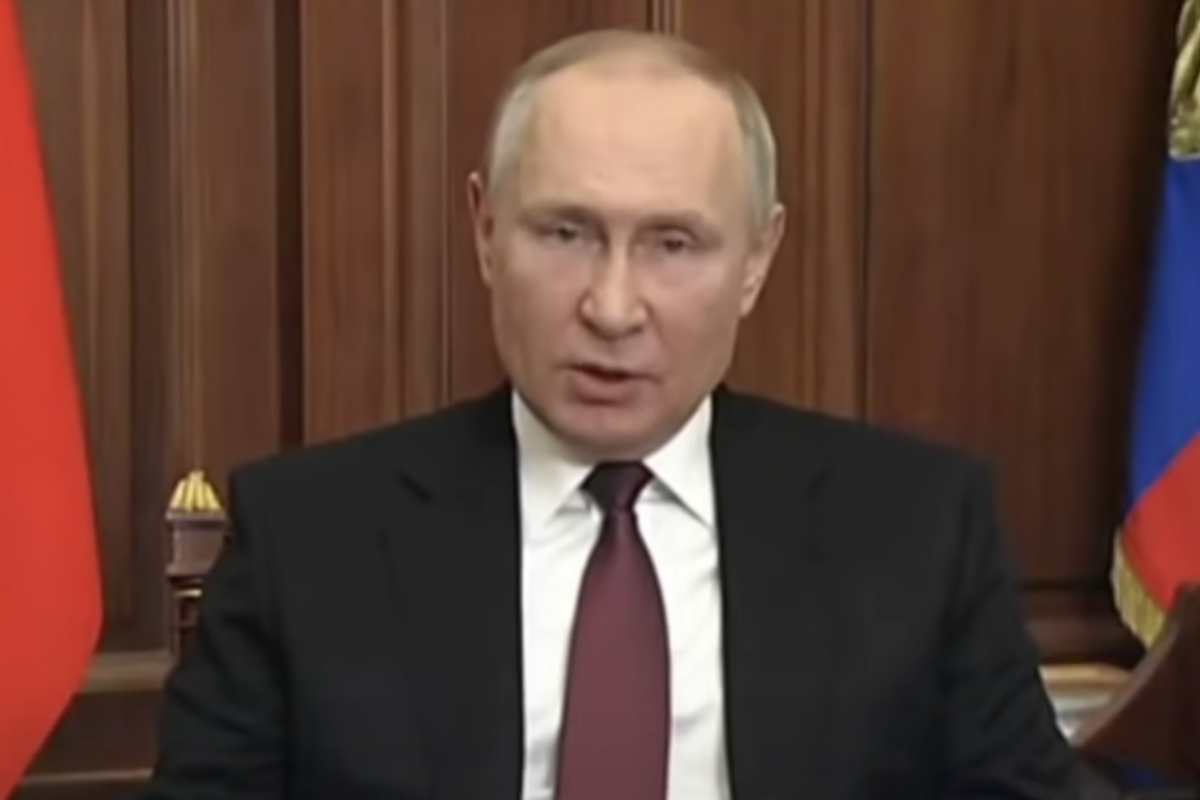
AS Russia’s attack on Ukraine unfolds dramatically, Australia is in the choir stalls, not centre stage, when it comes to the West’s response. But Scott Morrison is determined its voice be loud.
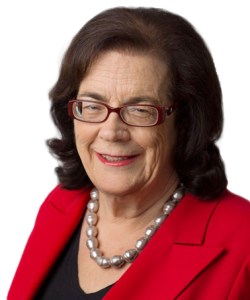
His denunciation of the Russian “thugs” and “bullies” has been cast in the most forceful language. After announcing sanctions on Wednesday (February 23), he assured Ukrainian Prime Minister Denys Shmyhal that Australia, working with its partners, was prepared to do more.
Wednesday’s Australian sanctions were in line with those of the United States and United Kingdom. Just a day later, with Russia’s invasion, they were quickly expanded to include more individuals and entities. A further concerted step-up will come.
In terms of effect, anything Australia does means a lot less to the Russians than similar sanctions imposed by the bigger players (not that those are deterring President Putin). As Morrison noted, our trade with Russia is small.
Morrison, incidentally, was careful about local blowback. For Australian businesses, the government said there would be more than a month’s breathing space before the measures affecting them come in.
What Morrison described as this “brutal invasion” will have seismic international ramifications, including in economic terms, although notably no countries are willing to put troops on the ground to defend Ukraine.
Given the timing, these events could be important in Australia’s domestic politics.
The Ukraine crisis feeds directly into Morrison’s push to make national security a central feature of the campaign for the May election.
One is tempted to revert to 2001, when the election victory of John Howard, who’d been seriously struggling politically, came off the back of the terrorist attacks in the US and the Tampa’s load of asylum seekers.
That comparison is limited, however. 9/11 had a more immediate impact on Australians, not least because Australian forces were part of the ensuing war in Afghanistan.
Nevertheless, the Ukraine crisis will continue to escalate, and what happens there will feature heavily in the news in the weeks ahead. Morrison will keep it prominent in the national conversation.
A crisis gives the PM a potent new focus. As Paul Kelly observes in his just-published book Morrison’s Mission: How a beginner reshaped Australian foreign policy, “Morrison’s character is that of a compulsive political activist. He is always on the move, talking, travelling, doing.”
Labor is leading comfortably in the polls, but for Anthony Albanese the Ukraine crisis presents, at the very least, a political challenge.
This is not a matter of a wedge – no one can suggest any lack of bipartisanship over Ukraine. Labor was immediately and solidly behind the initial sanctions, and Albanese will ensure it will continue in step with the government. But such a major conflict, even one far removed and in which we are not directly involved, changes the domestic atmosphere and plays to the status quo.
It also limits the attention on the issues on which Labor wants to focus, such as the increasing cost of living and stagnant wages (although rising oil prices will impose further pressure on high petrol prices).
Assuming there is not a new COVID variant, the foreign crisis may help to put a full stop under “pandemic politics”, making it harder for Labor to get public attention back on the government’s failures on issues such as aged care.
Simon Welsh of the RedBridge Group, a Labor-aligned consultancy firm, says its focus group research has been finding people have a general sense of tension increasing in the world. So far, however, that still sits behind their concern with the domestic bread and butter issues.
But, as of now, we are in a dynamic, rapidly changing situation.
Morrison is trying to bring China – on which he is attempting to wedge Labor – into the Ukraine story.
“China, of course, is watching this very carefully,” Morrison said on Thursday. “And that’s why I’ve been at pains to say that China needs to take as strong a position as other countries in the world and in denouncing what Russia is doing.”
But research, both qualitative and quantitative, is suggesting Morrison may be at risk of overplaying his hand with the China card.
Welsh says the focus group work indicates it is a two-edged sword. “China is a nuanced discussion,” he says. It’s not hard to stoke anti-China feeling. “But people also say you need a good relationship – for jobs, business.”
A similar picture comes through in the Essential poll published this week. Some 61 per cent agreed with the proposition that “Australia’s relationship with China is a complex relationship to be managed”. This compared to 26 per cent who thought “Australia’s relationship with China is a threat to be confronted”.
When people were asked which party they would “most trust to build a relationship with China in Australia’s best interests”, 37 per cent said Labor, 28 per cent said the Coalition and 34 per cent were unsure.
Albanese knows he must make himself better known to voters and has counted on doing this in the approach to the election. Now he finds himself pursuing his charm offensive in the fog of a conflict that is distant but dominant.
Earlier this month we had the Meet the Morrisons program courtesy of Nine’s 60 Minutes. This week we have “At home with Anthony Albanese and partner Jodie” in the Australian Women’s Weekly.
The soft article was the formal introduction to the public of Jodie Haydon. It canvassed Albanese’s (oft-repeated) childhood story as well as Jodie’s, their meeting (a coming together of two Rabbitoh supporters), and her reaction when early last year he was badly hurt in a car accident. (“As I jumped in the ambulance and saw Anthony, I knew then the depth of my feelings towards him.”)
Jenny Morrison will be on the campaign trail; it remains to be seen what Jodie’s role might be.
As he attends to marketing his human side, Albanese is working hard on selling himself to business, including a speech to business figures this week, and an Australian Financial Review Magazine profile in which he declares: “I’m comfortable in the boardrooms as well as the pub.”
To those who argued Labor risked leaving its run too late, Albanese has retorted it’s the “fourth quarter” that counts. But, as we’re now seeing, the fourth quarter can be much complicated by the unexpected.![]()
Michelle Grattan, Professorial Fellow, University of Canberra. This article is republished from The Conversation.
Who can be trusted?
In a world of spin and confusion, there’s never been a more important time to support independent journalism in Canberra.
If you trust our work online and want to enforce the power of independent voices, I invite you to make a small contribution.
Every dollar of support is invested back into our journalism to help keep citynews.com.au strong and free.
Thank you,
Ian Meikle, editor
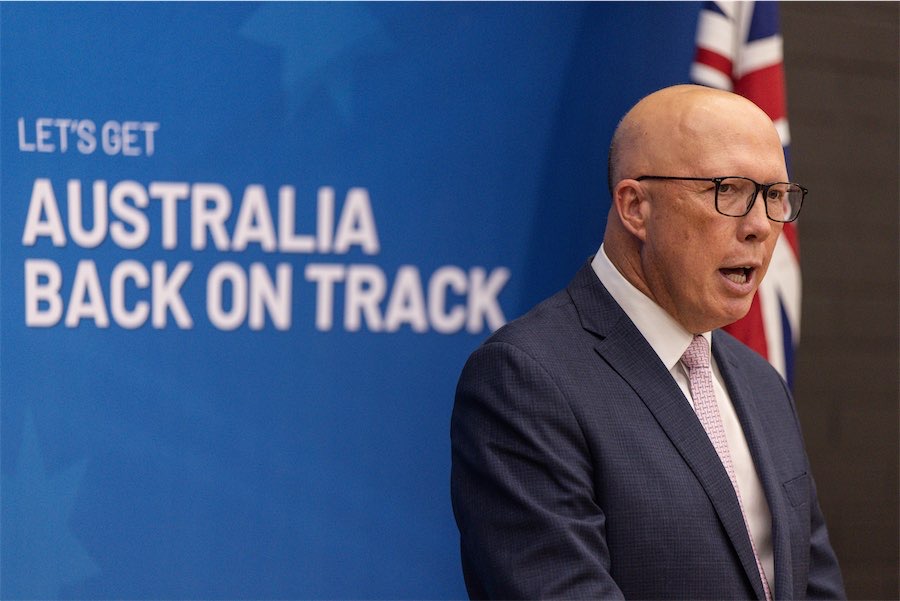
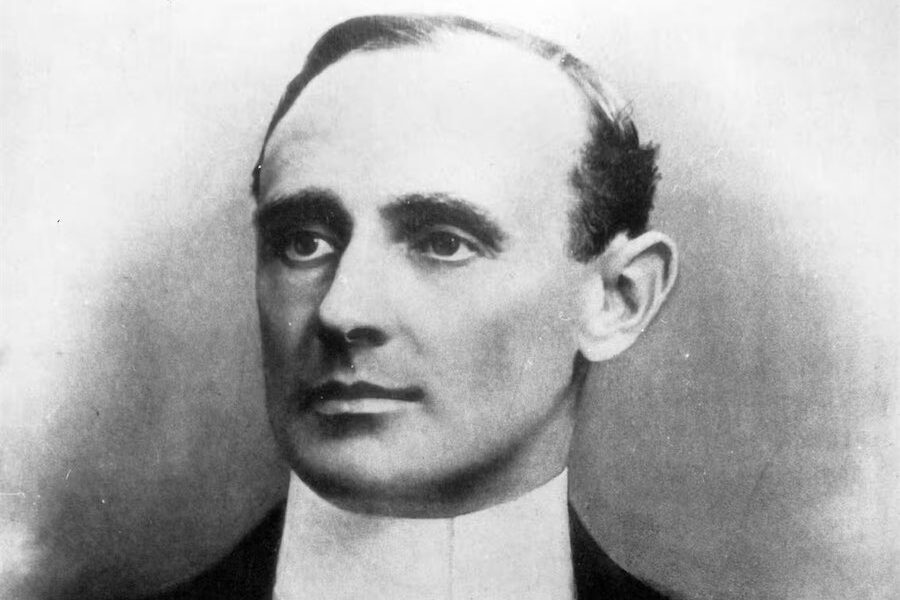
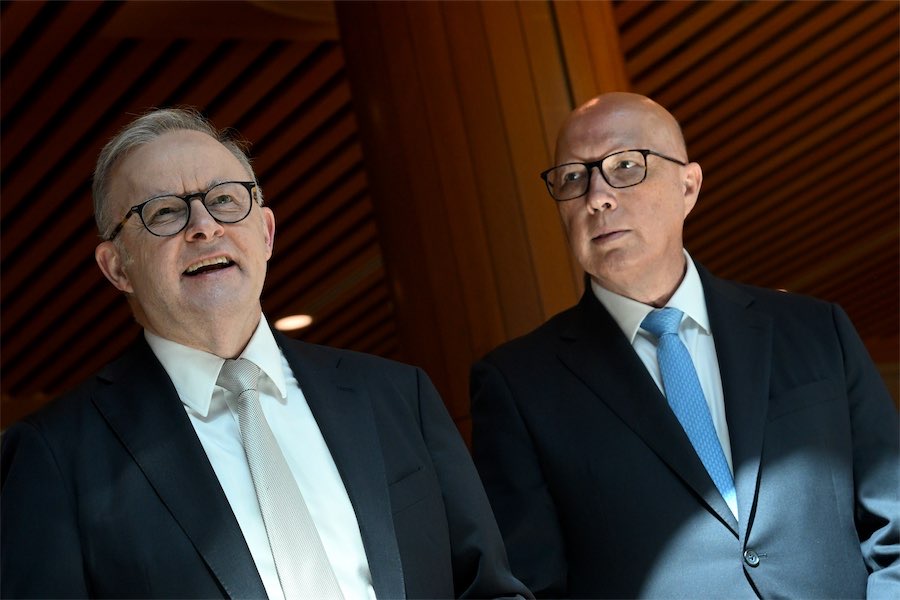

Leave a Reply